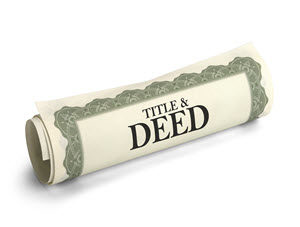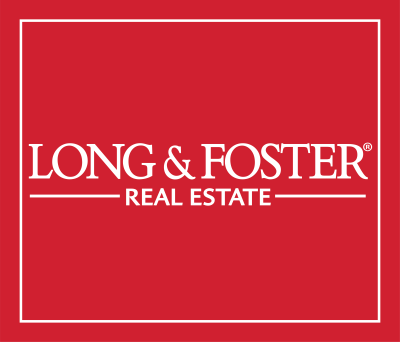 The big day finally arrives! There will be lots of paper signing and a passing of keys (don’t forget mail box and garage keys, and garage door openers).
The big day finally arrives! There will be lots of paper signing and a passing of keys (don’t forget mail box and garage keys, and garage door openers).
At the settlement, there will be an attorney or title company representative, buyers, sellers and buyer and seller agents, though sometimes you can arrange to settle at separate companies or times, or even by mail.
The attorney or escrow/ title/ settlement company will have searched the title, arranged title insurance and obtained old and new lender instructions. First, any unresolved walkthrough deficiencies are addressed.
The attorney will explain the deed of trust or mortgage note, VA, FHA or lender forms and settlement sheets. The buyer signs these and pays the balance of the down payment and the buyer’s closing costs with cashier or certified check.
Under the Real Estate Settlement Procedure Act (RESPA), the home buyer is furnished an estimate of closing costs by the lender in advance of the closing. Some closing costs may be paid by the seller, this is particularly true for new housing where the seller is the builder.
Settlement fees vary depending price, location and other factors, but overall the buyer’s costs average between 3  and 7% of the sales price. Items that are included in the settlement fees are the loan origination fee, mortgage insurance premium (M.I.P), attorney fees, owner and lender title insurance, recording fees, county tax stamps, state tax stamps and survey fee. In addition, the lender may require an appraisal fee and a credit report fee ahead of the closing.
and 7% of the sales price. Items that are included in the settlement fees are the loan origination fee, mortgage insurance premium (M.I.P), attorney fees, owner and lender title insurance, recording fees, county tax stamps, state tax stamps and survey fee. In addition, the lender may require an appraisal fee and a credit report fee ahead of the closing.
A few other items have to be paid at closing, including advance deposit funds held in escrow for property taxes and insurance. The lender collects a portion of these every month and then pays the insurance and taxes when they are due. Sometimes closing costs can be sizeable, but some are tax deductible, so remember to tell your accountant!
With the seller, the attorney explains the settlement sheets and gets the home seller’s signature on them and the deed. The seller pays appropriate closing costs.
If the seller’s taxes or insurance have been escrowed, the seller will receive any money accumulated in the account for bills not yet due. Taxes, homeowner association dues or condominium fees will be prorated on a daily basis. Seller, buyer and agents will be provided with a copy of the settlement sheets for their records.
Finally, the house keys are passed!
Are you considering buying a home in Purcellville? Contact me for more advice on what to inspect during the process.



thlive club